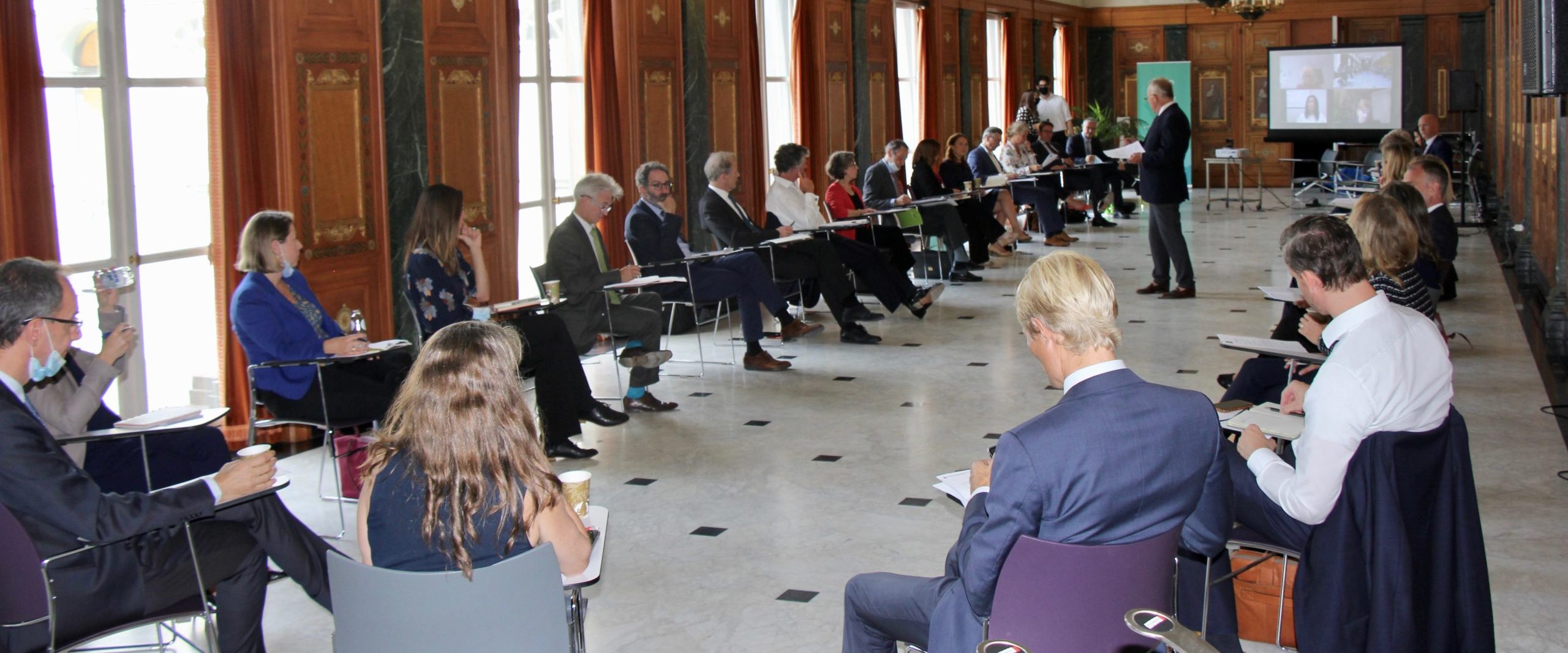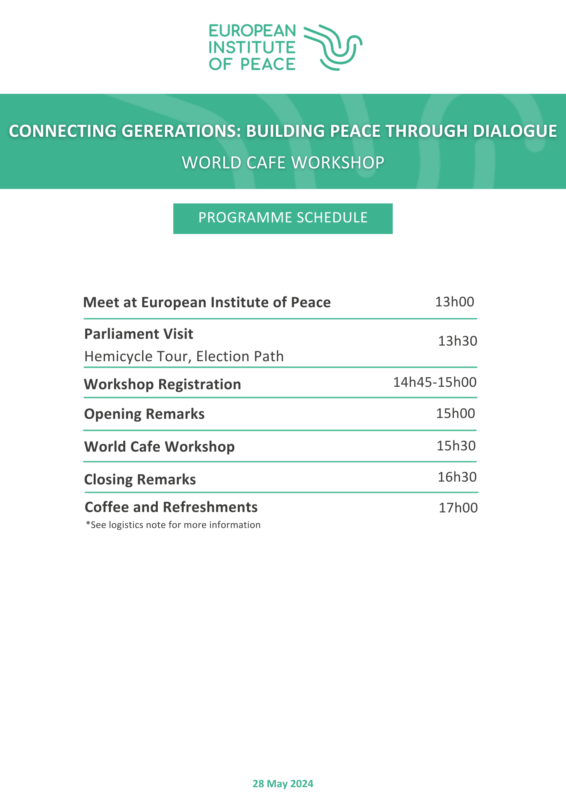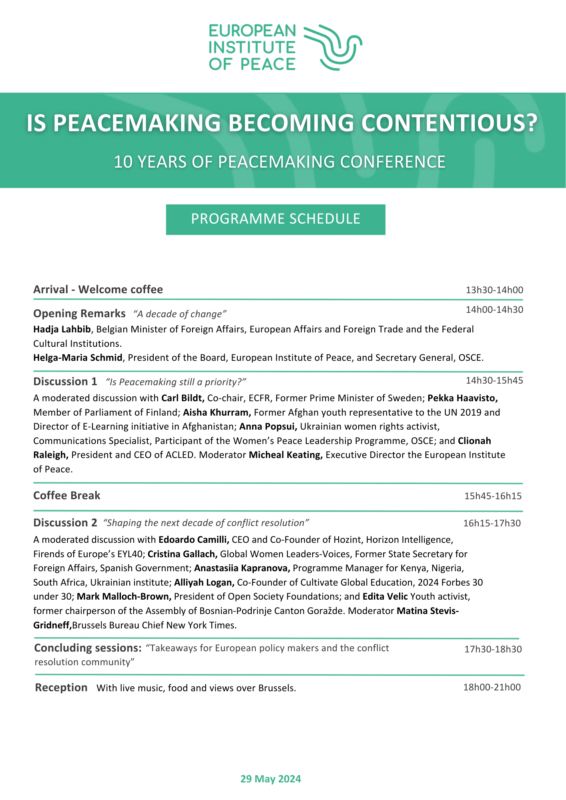Is Peacemaking Becoming Contentious?
28-29 May, 2024: A series of events to mark the 10th anniversary of the European Institute of Peace to discuss the current challenges to peacemaking and where we go from here.
The European Institute of Peace was born ten years ago. The objective of its founders was to create a centre of excellence in mediation and conflict resolution. An independent body, the Institute serves as a resource for states, the EU and civil society. Its activities include engaging parties to conflict, supporting dialogue, and initiatives to strengthen the agency of those affected by armed conflict, taking risks for peace and doing things that official actors often cannot.
Our mission is more relevant than ever – for unfortunate reasons. The number of people killed in armed conflict, levels of physical and mental violence, and humanitarian needs, both acute and chronic, are going up. Many more people now live in ‘no war, no peace’ situations, living with uncertainty, caught up in long-running internationalized civil wars and unresolved disputes.
The pace of climate change, demographic shifts, threats to health and digitalisation have accelerated. Instead of propelling solidarity in the face of common threats, they have resulted in divisiveness and competition. At the same time, the authority of the United Nations and other bodies set up to address these challenges, to prevent and resolve wars has diminished.
Europeans are facing a new reality, whether as a parties to the war in Ukraine or as the political impact hits home of war in the Middle East and of long-running unresolved conflicts in its broader neighbourhood. States and powerbrokers are employing an ever wider variety of means, military, economic and informational, to assert their interests and delegitimize their adversaries. This is prompting a significant change of gears.
Europe has long prided itself for being a peace project, recognising that dialogue, diplomacy and mediation are not alternatives to defence and deterrence but are essential tools in the search for lasting peace and security. At best, there is a risk this may be forgotten as priority is given to military preparedness and economic securitisation, and that focus on the war in Ukraine will result in the deprioritisation of investment in conflict resolution elsewhere. At worst, dialogue with adversaries may become unacceptable, and peacemaking denigrated as irresponsible.
To mark our 10th anniversary, we will host a series of events to take stock of peacemaking, its direction of travel and challenges ahead for Europeans, not least for young people. Is the political space and support for dialogue shrinking? Is enough being done to support civil society including to engage young people? What needs to done to protect investment in peacemaking and mediation?
Contact: Paul Nolan, Public Affairs and Communications Officer: paul.nolan@eip.org
Participants
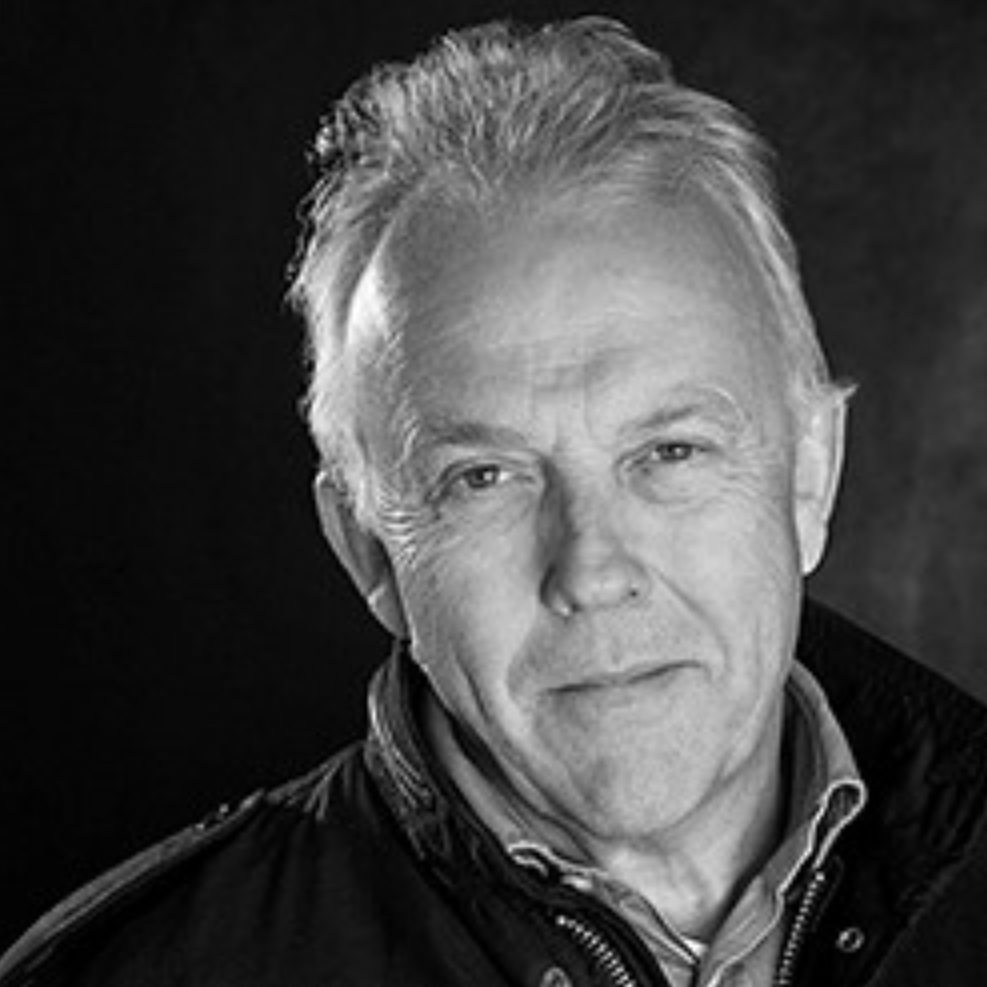
Executive Director, European Institute of Peace
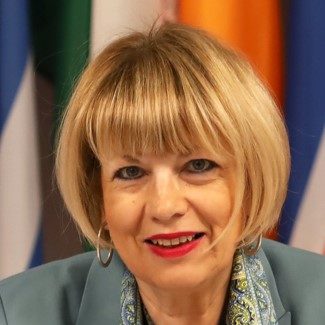
President of the Board, European Institute of Peace
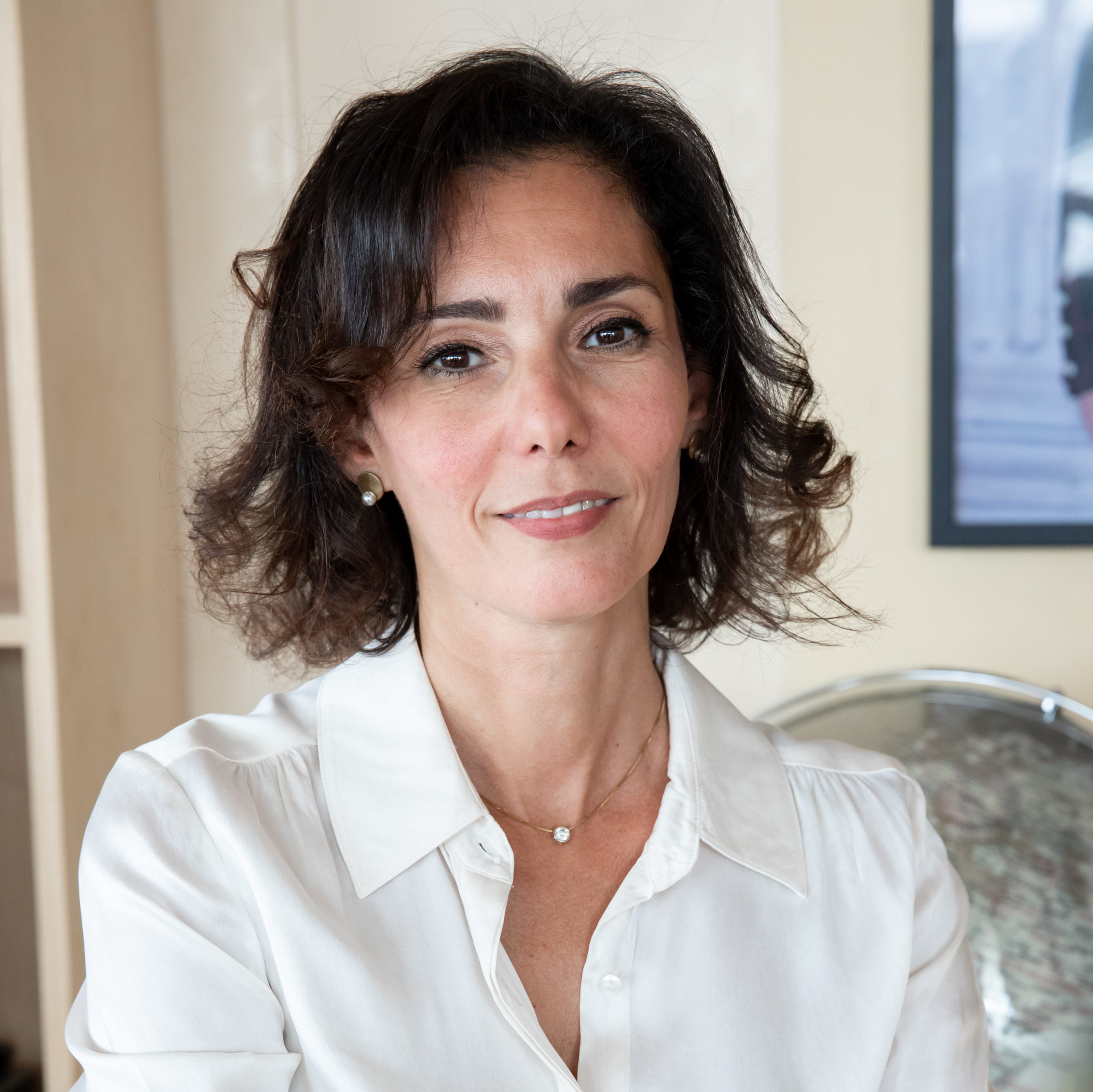
Minister of Foreign Affairs, European Affairs and Foreign Trade and the Federal Cultural Institutions
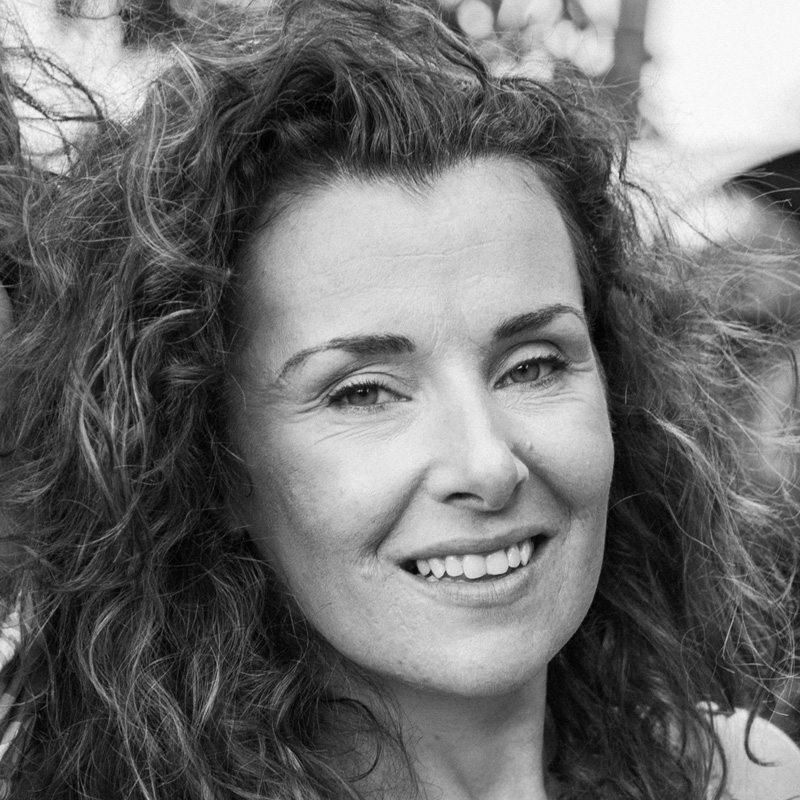
President and CEO, ACLED
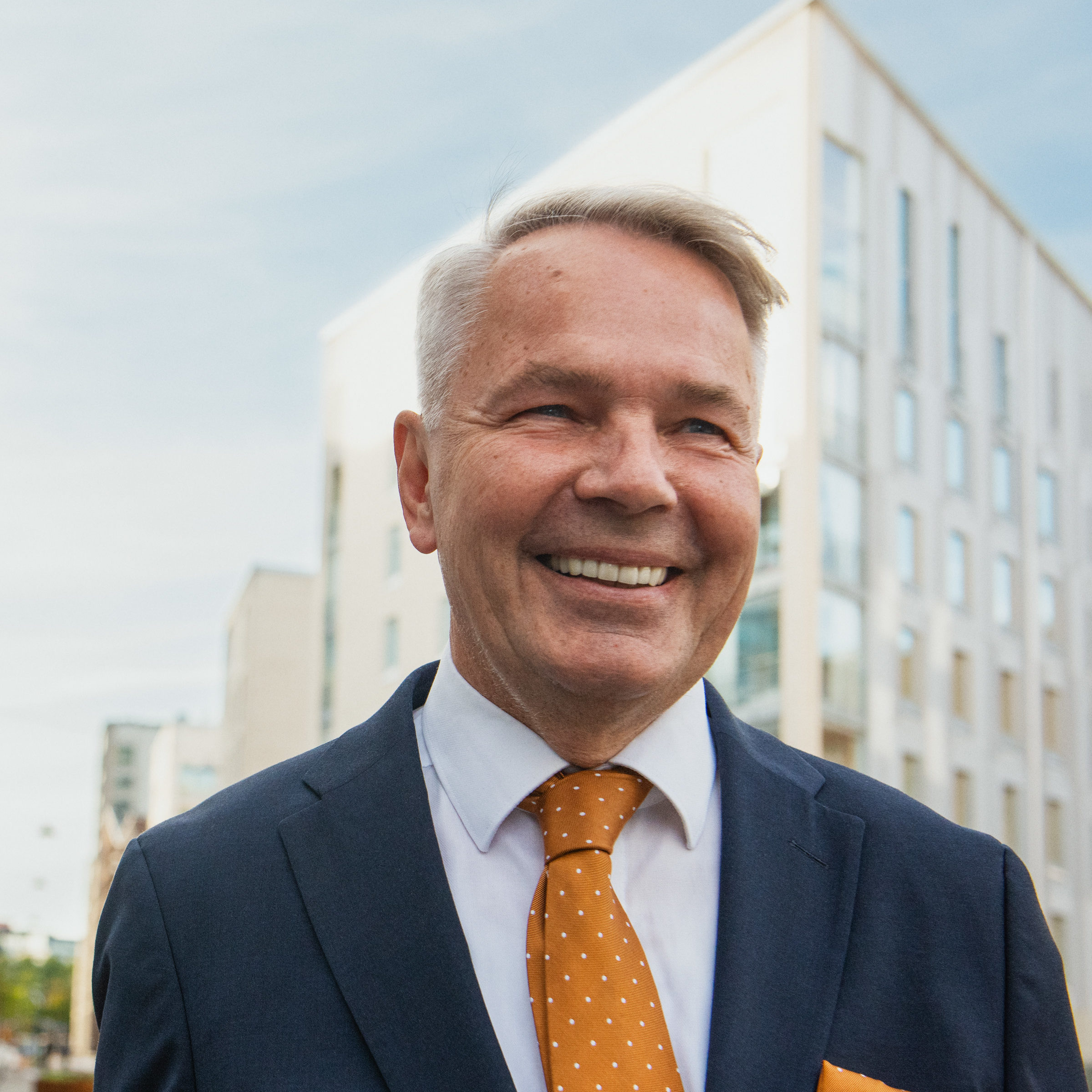
Member of Parliament of Finland
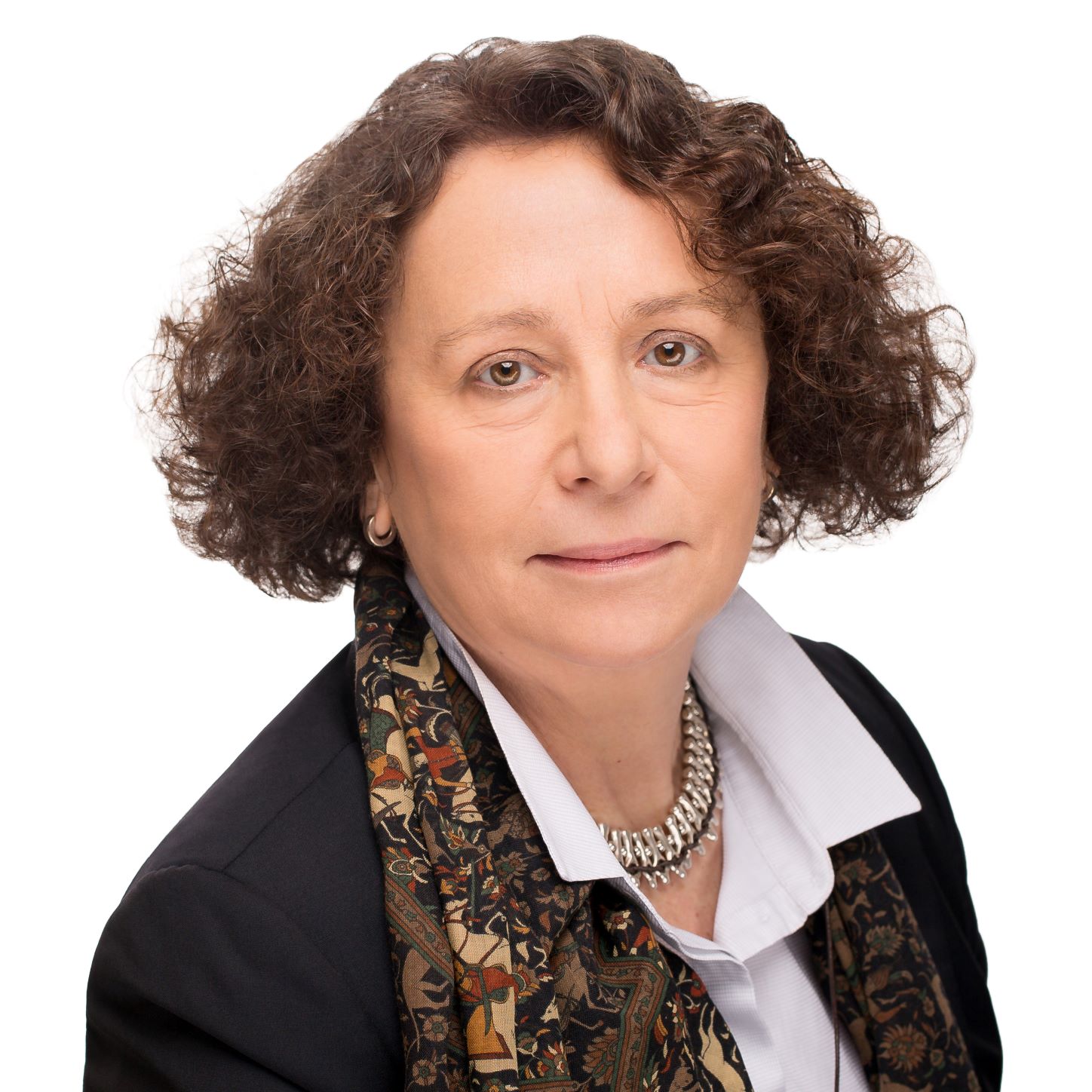
Former Minister of Foreign Affairs of Spain and Visiting Professor, Georgetown University
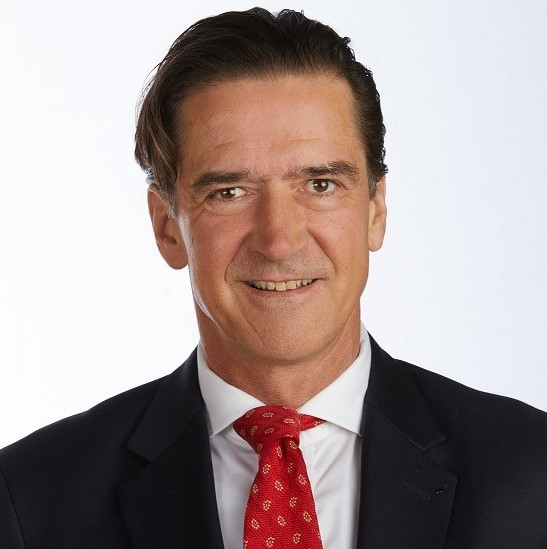
Ambassador of Finland to the Federal Republic of Germany
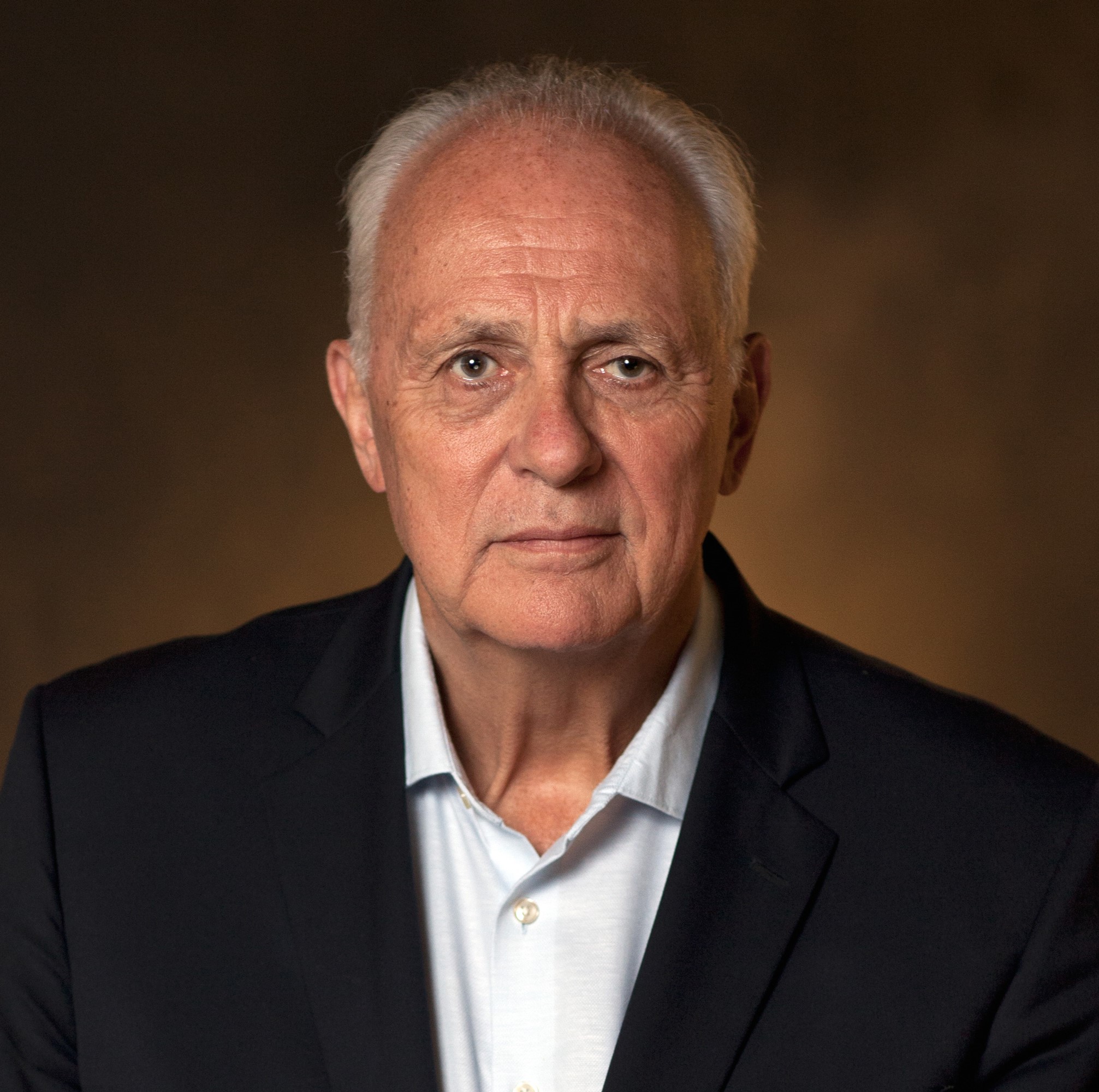
President of the Open Society Foundations
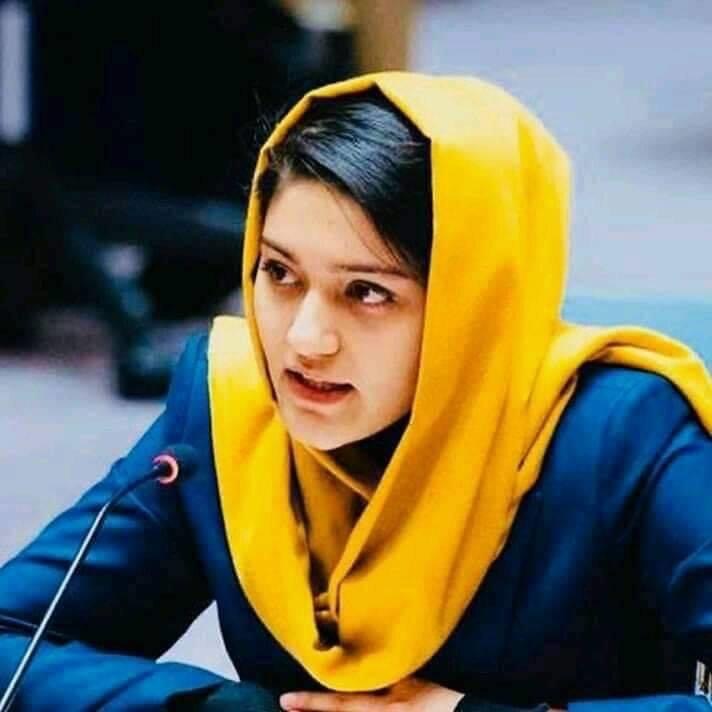
Former Afghan youth representative to the UN 2019 and the director of E-learning initiative in Afghanistan
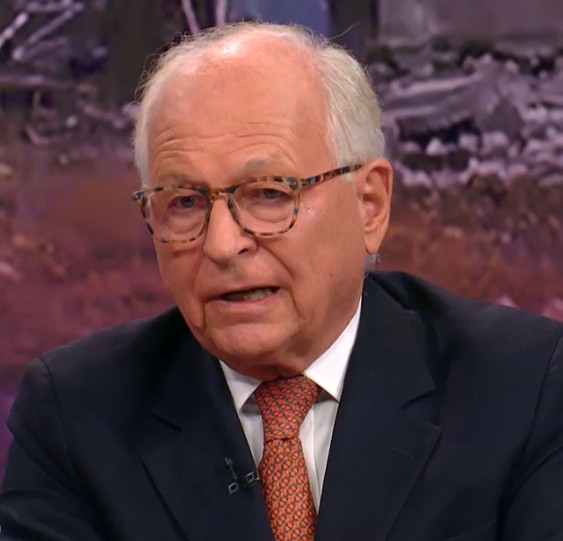
Ambassador (ret.)
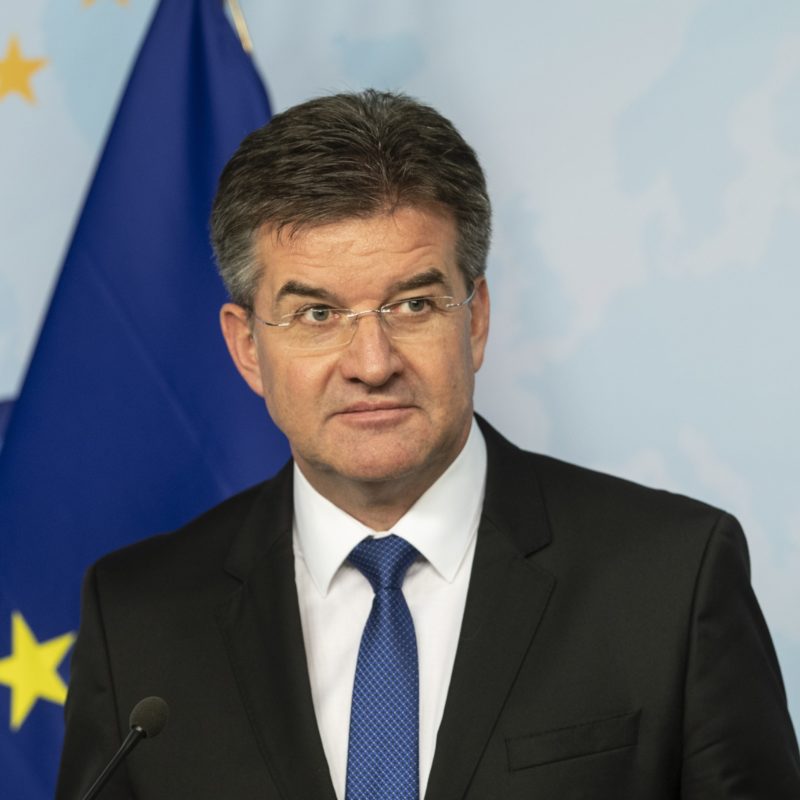
EU Special Representative for the Belgrade-Pristina Dialogue and other Western Balkan regional issues
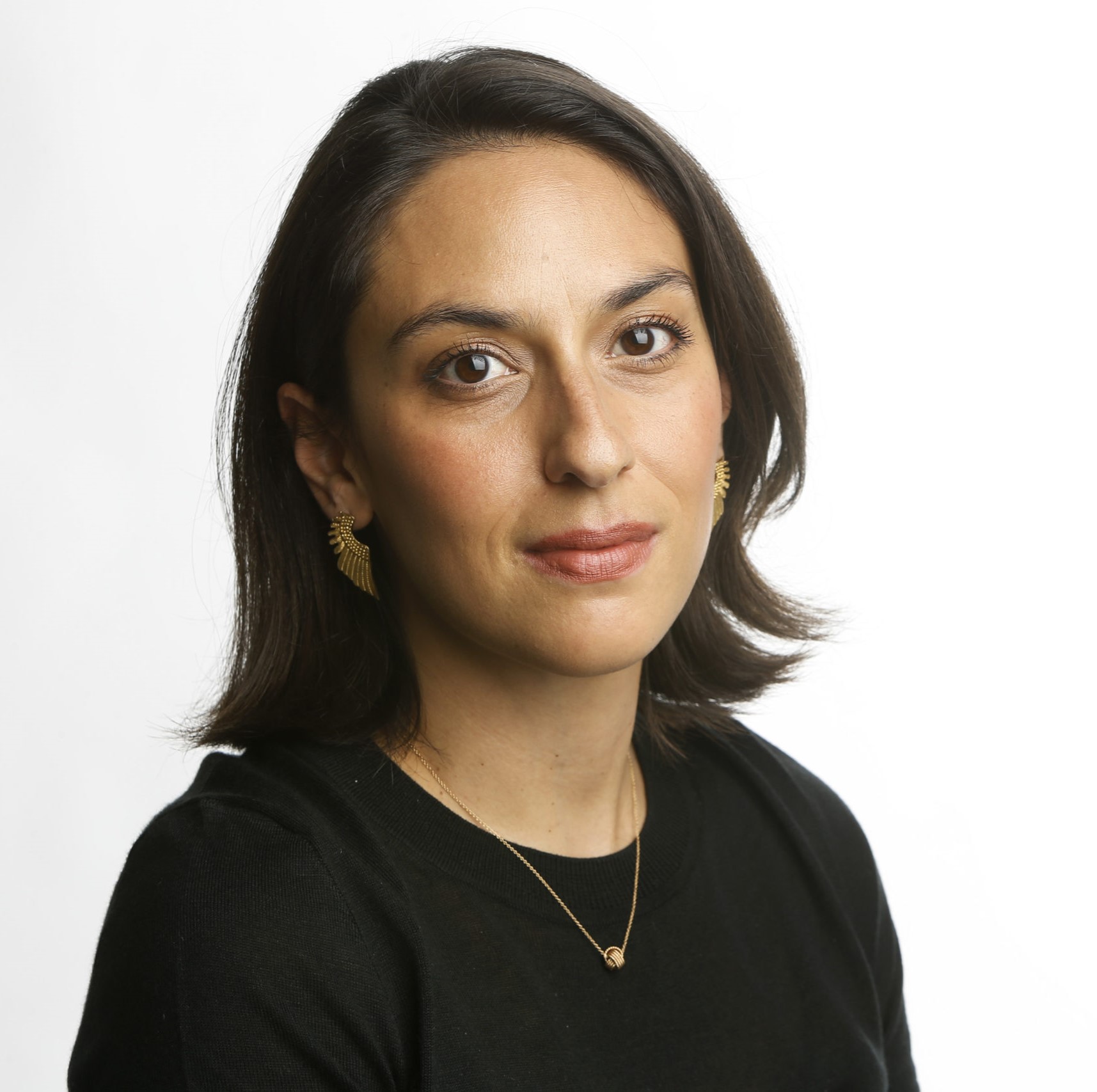
Brussels bureau chief, The New York Times
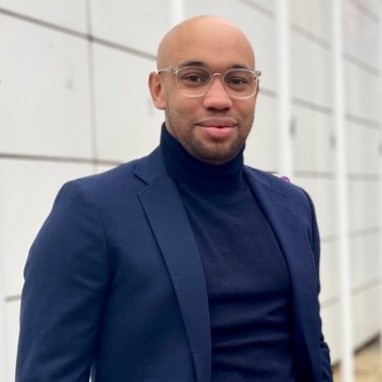
Lawyer and Political Advocate
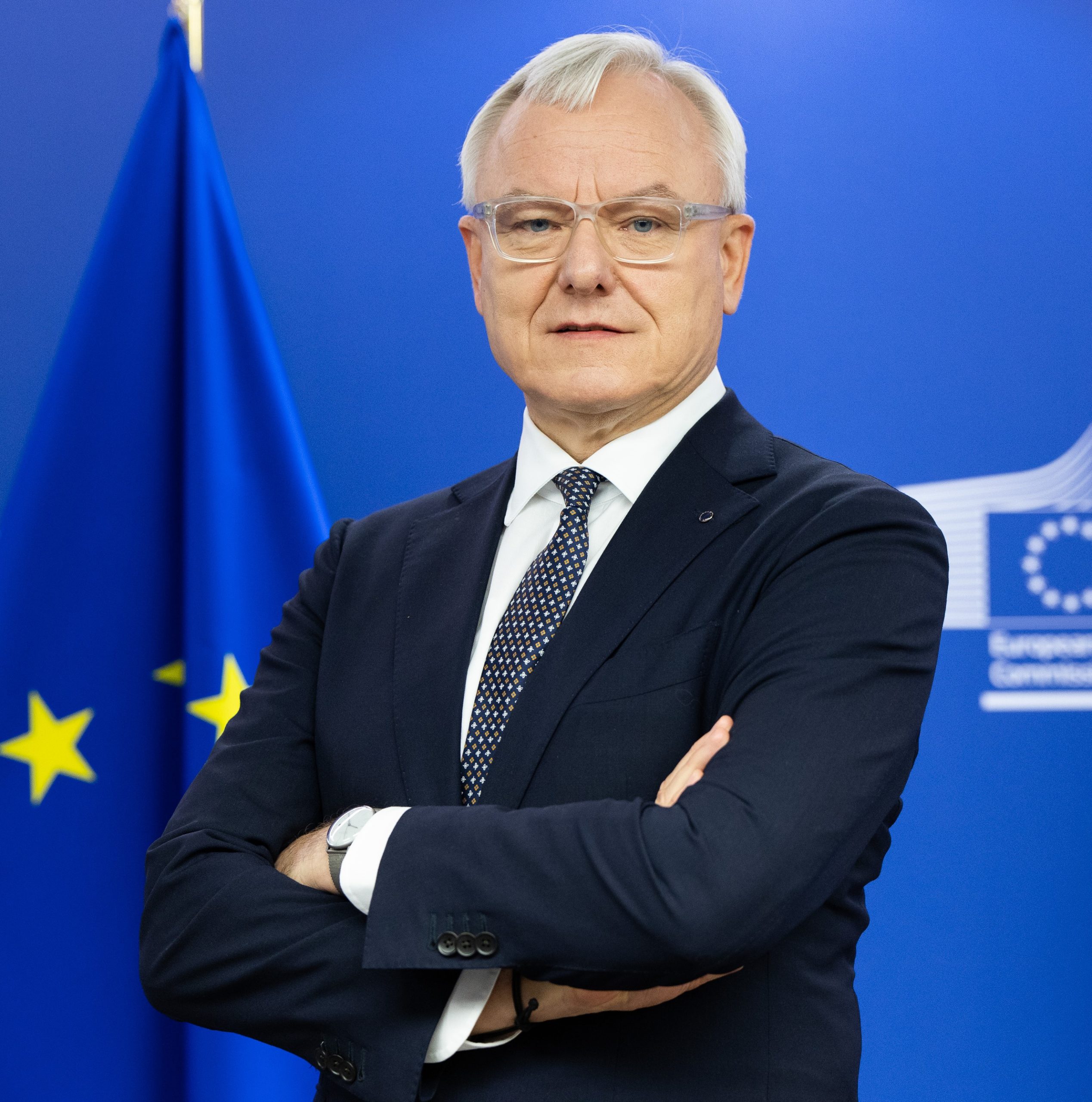
Head of the European Commission Service for Foreign Policy Instruments (FPI)
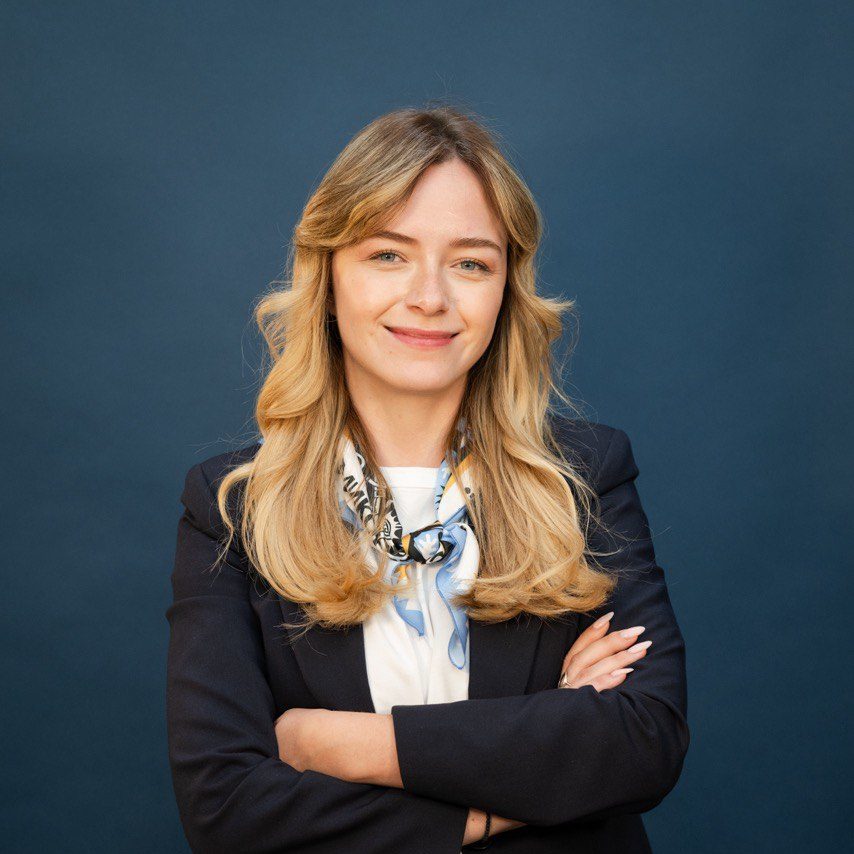
Ukrainian women rights activist, Communications Specialist, Participant of the Women’s Peace Leadership Programme, OSCE
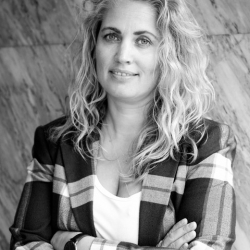
Director for Engagement, Dialogue and Process Design and Deputy Executive Director at the European Institute of Peace

Senior Advisor European Institute of Peace and Former Minister of International Development of Norway
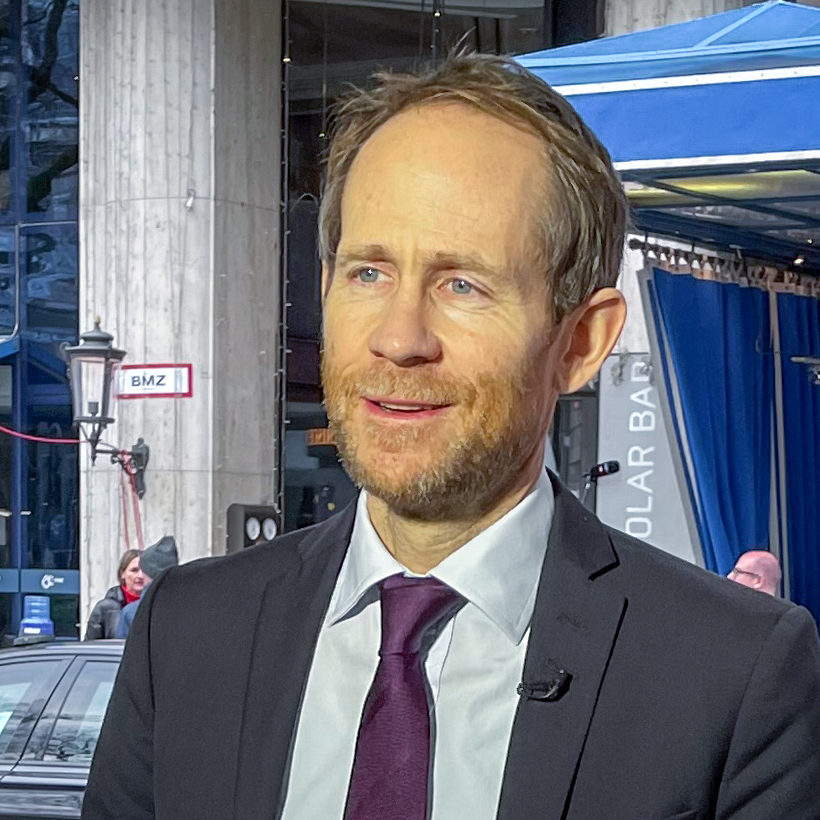
Executive Vice President, Crisis Group
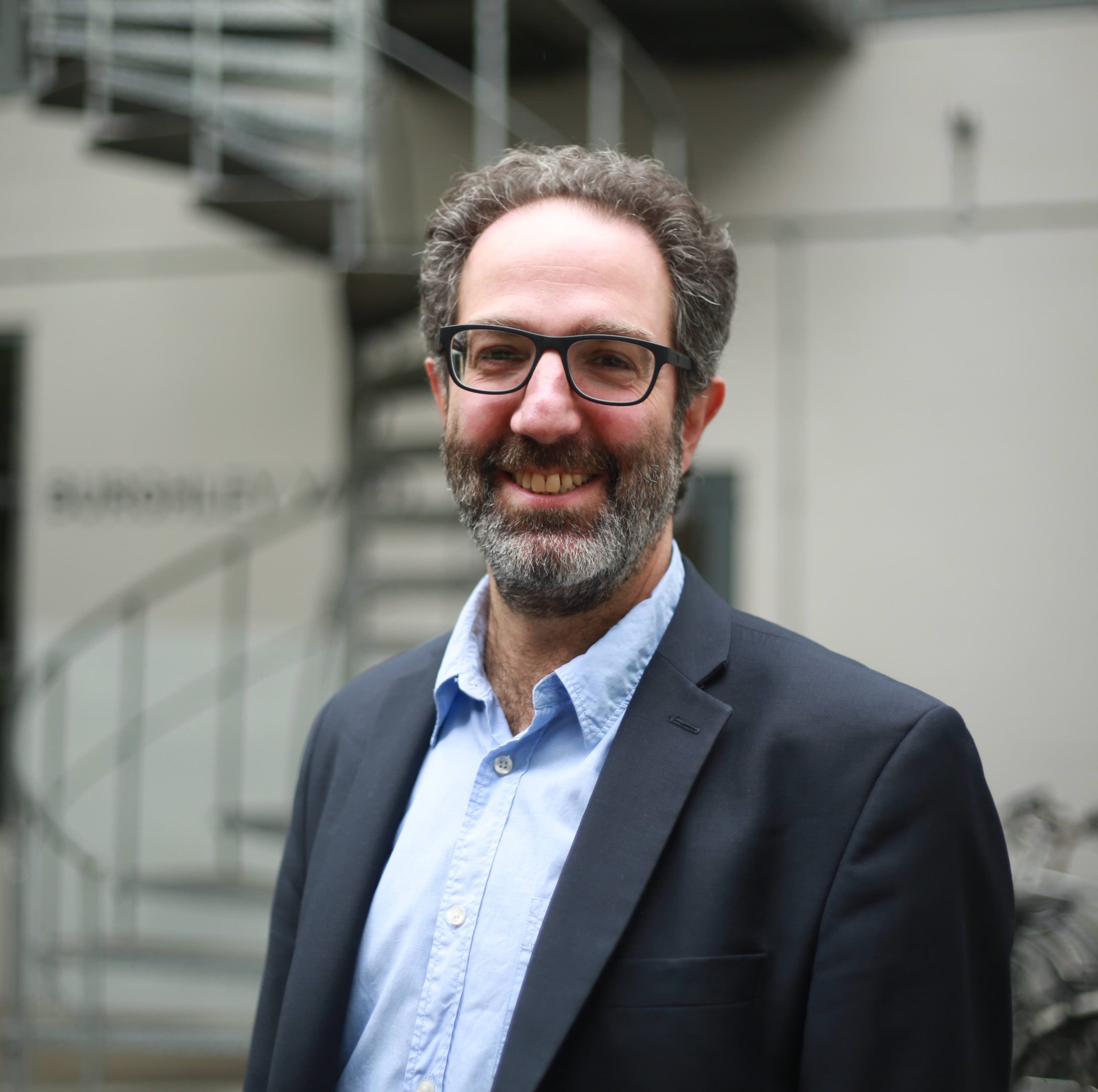
Executive Director, Conciliation Resources
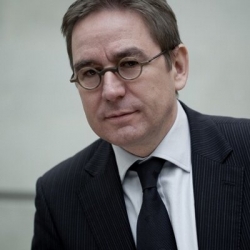
Director for Peace Practice and Innovation, European Institute of Peace
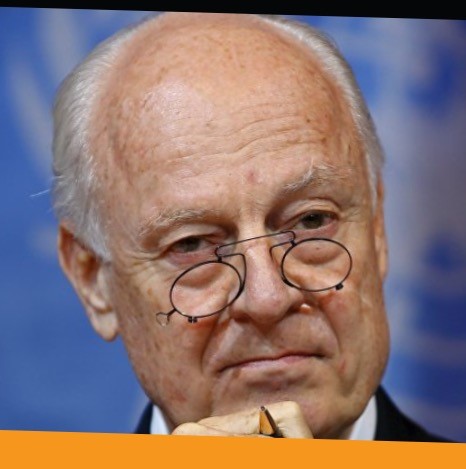
UN Under-Secretary-General
Personal Envoy of the Secretary-General for Western Sahara and Former President of the Board of the European Institute of Peace
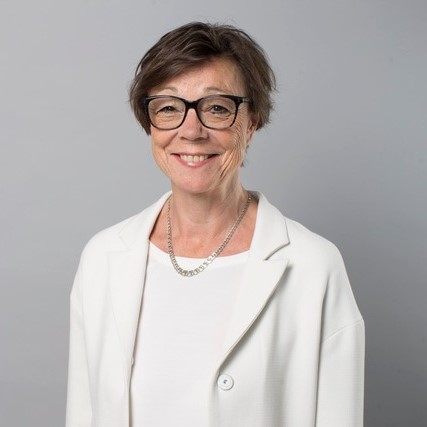
Senior Advisor European Institute of Peace and Former President of the Board, European Institute of Peace
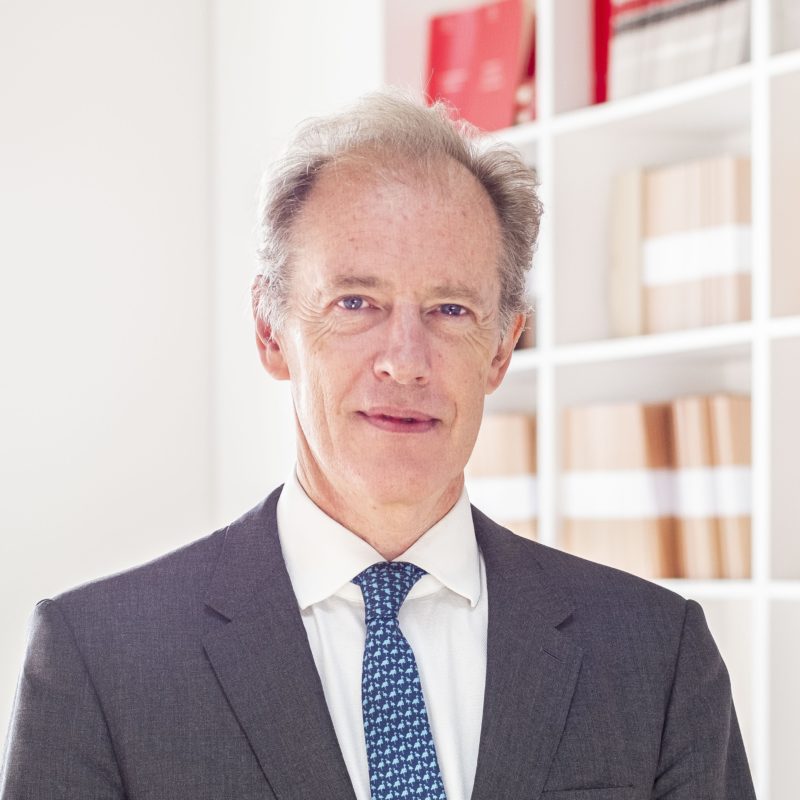
Executive Director, Berghof Foundation
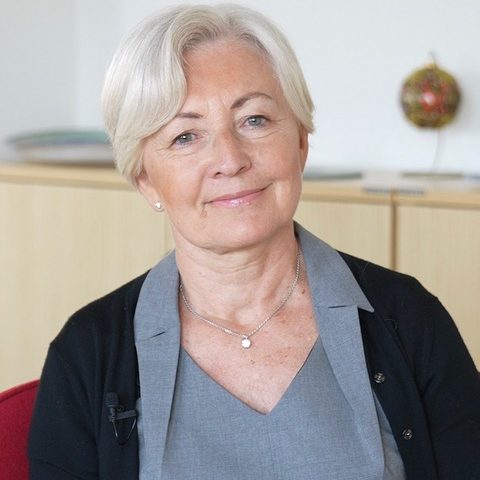
Former Director General (for Migration and Home Affairs (2020- 2023) and for Humanitarian Aid and Crisis management (2015-2019), European Commission
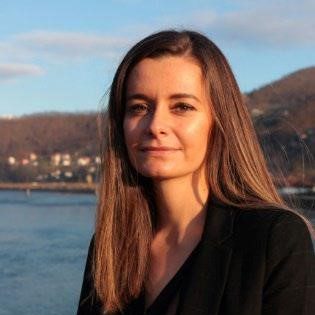
Youth activist, former chairperson of the Assembly of Bosnian-Podrinje Canton Goražde
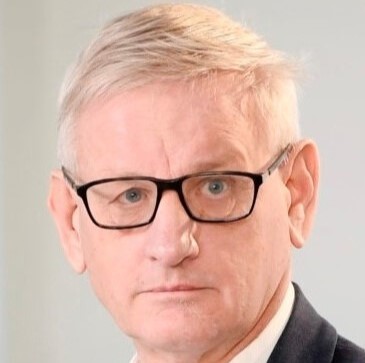
Co-Chair, ECFR and former Prime Minister of Sweden

Member of the Parliament of Albania, Democratic Party
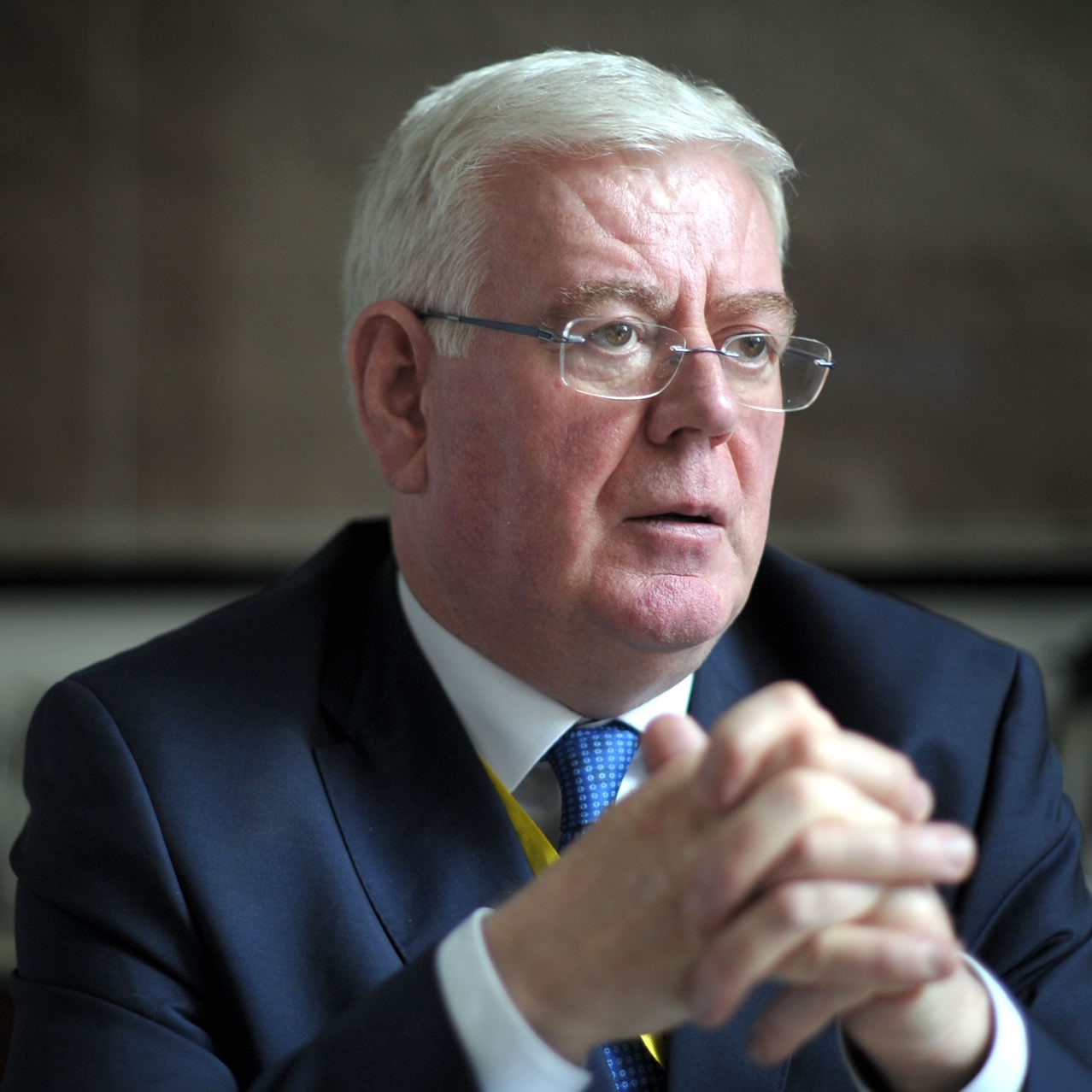
Former EU Special Representative for Human Rights
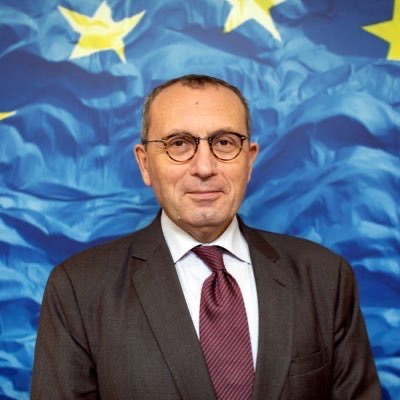
Senior Advisor, European Institute of Peace
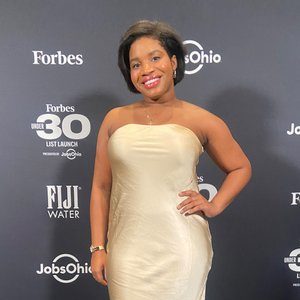
Education Advocate, and Consultant at UNICEF
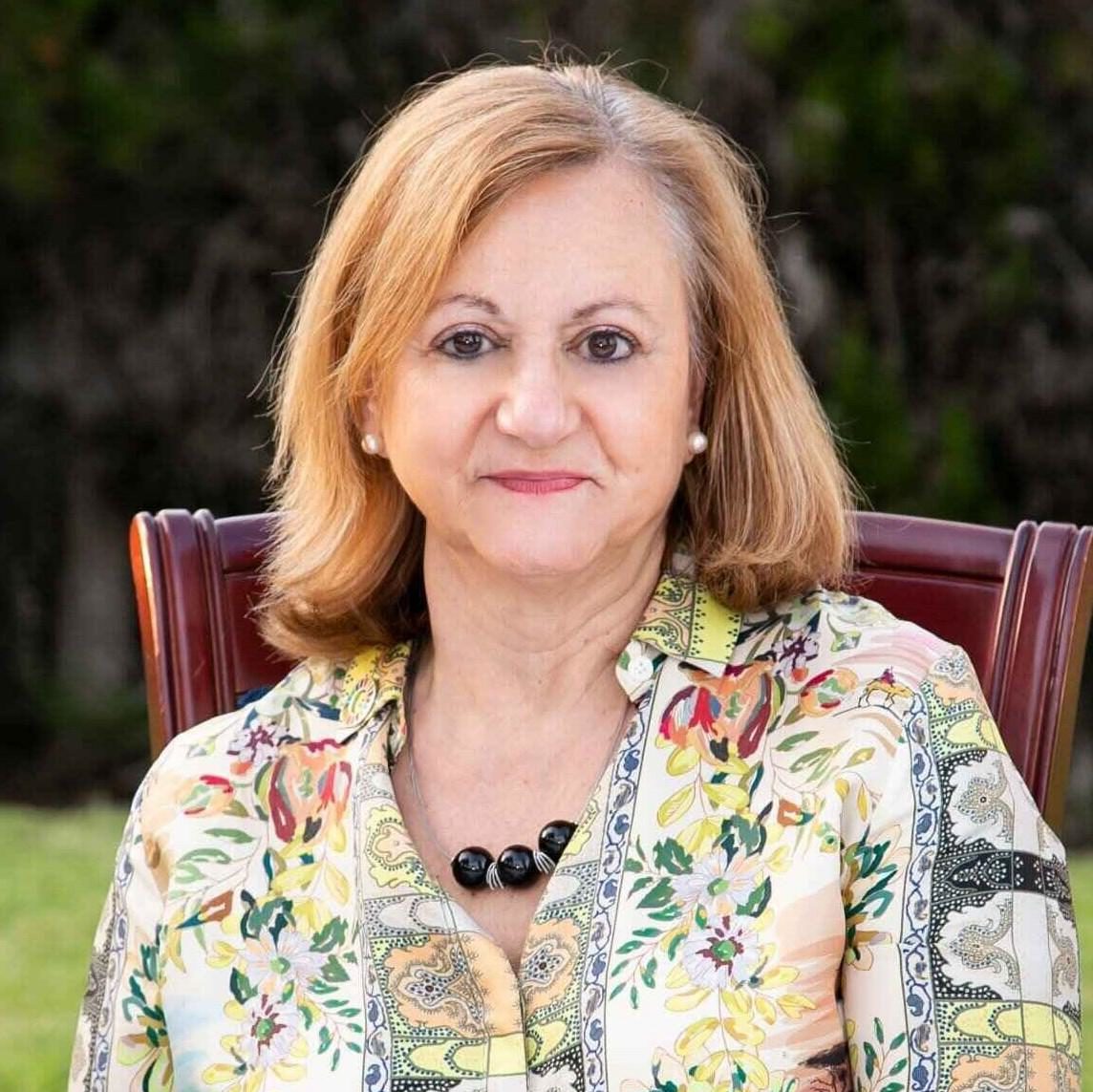
Secretary of the Board, Global Women Leaders- Voices
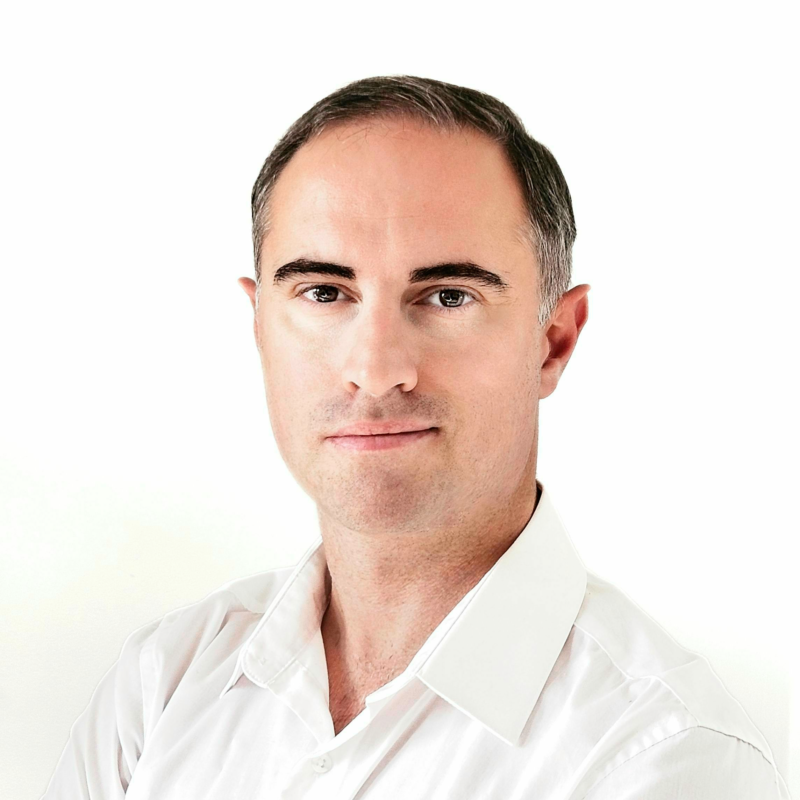
CEO and Co-Founder, Horizon Intelligence (Hozint) and Friends of Europe’s European Young Leader (EYL40)
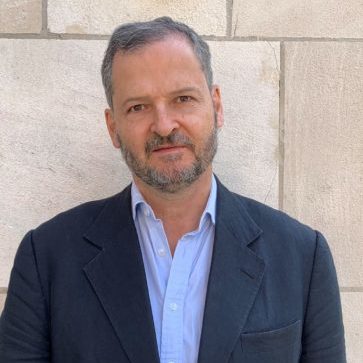
Senior Advisor, European Institute of Peace
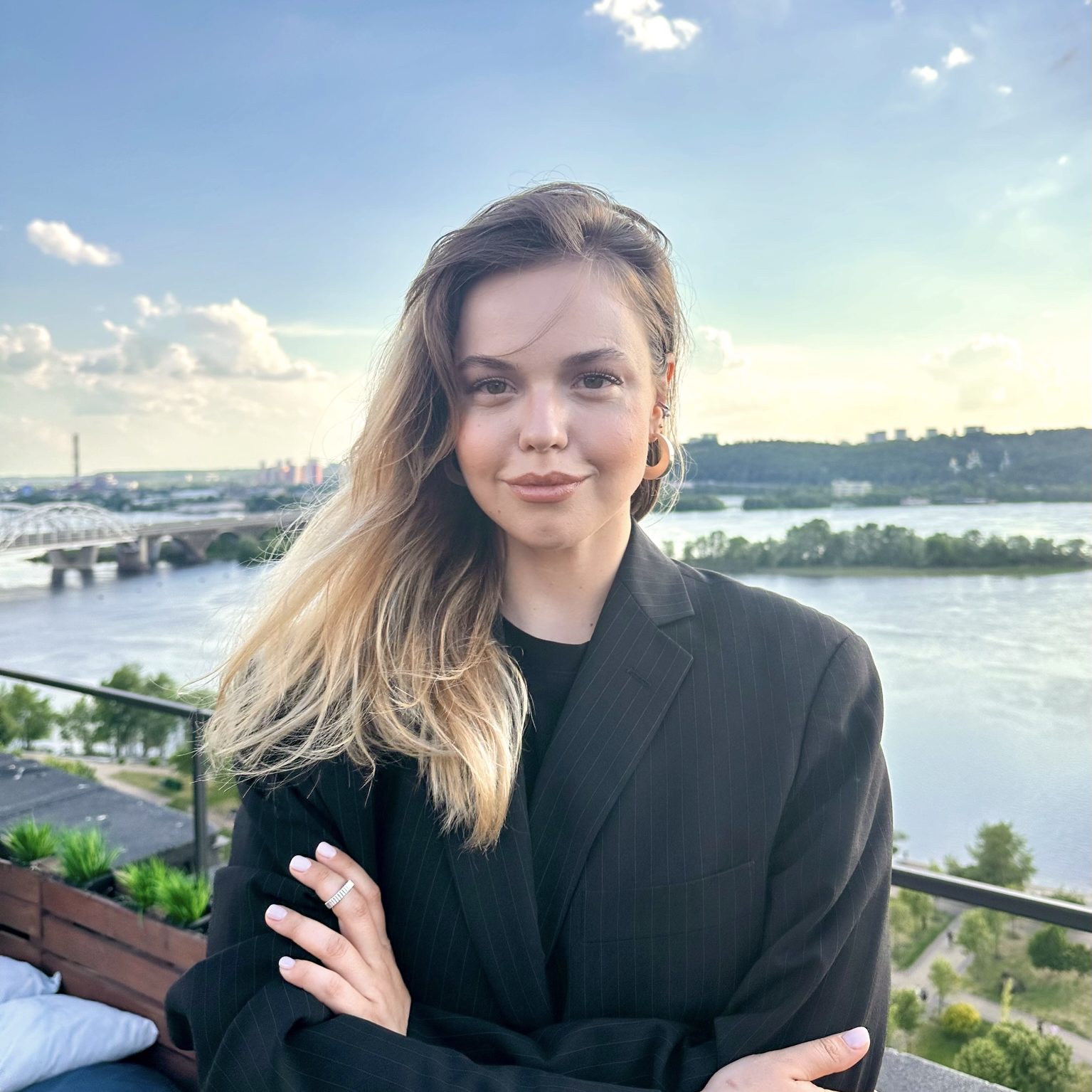
Programme Manager for Kenya, Nigeria, South Africa, Ukrainian Institute
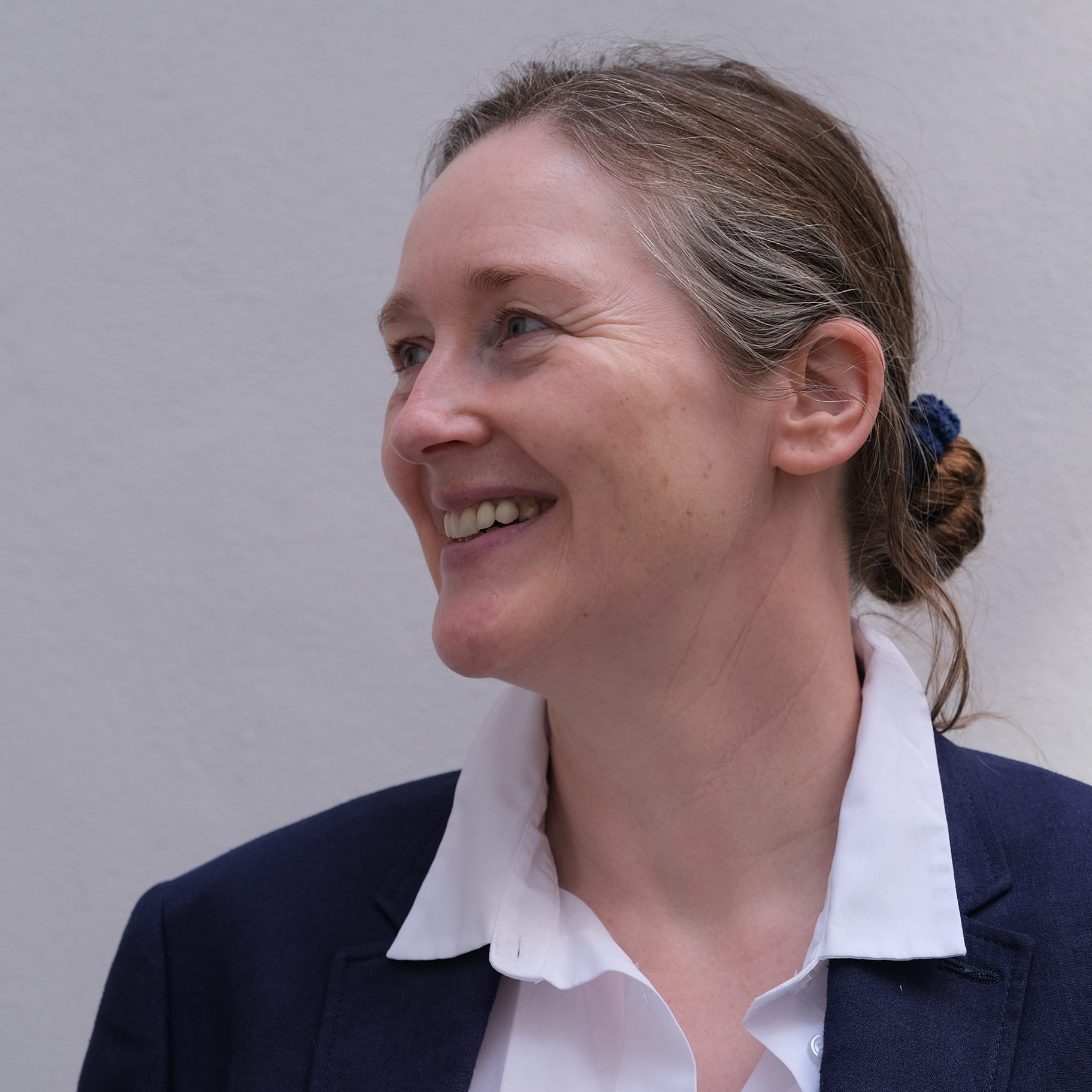
Director of the Conflict Prevention Centre and Deputy Head of the OSCE Secretariat

